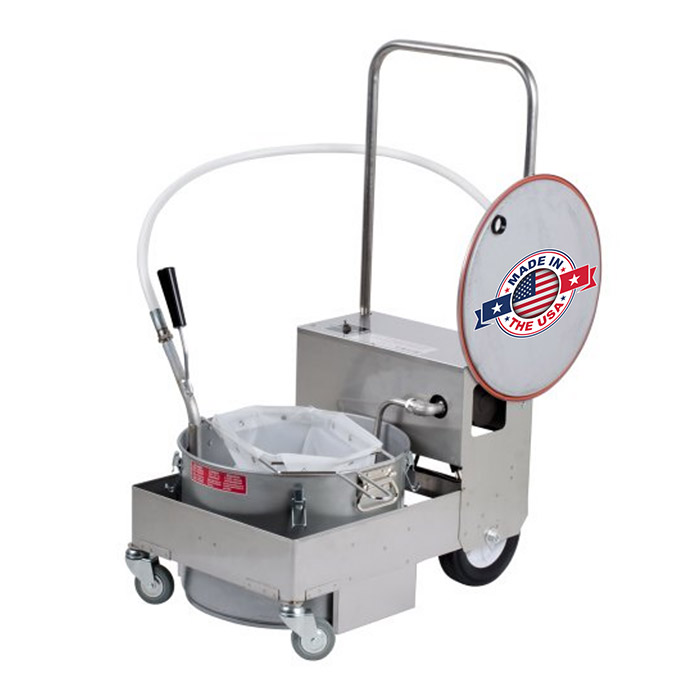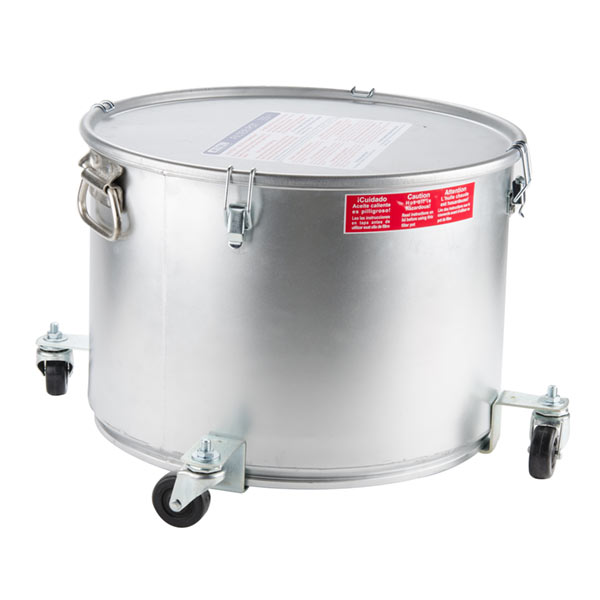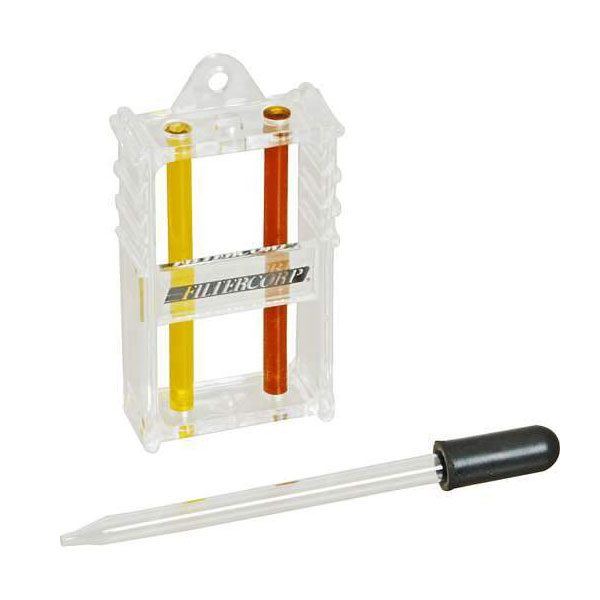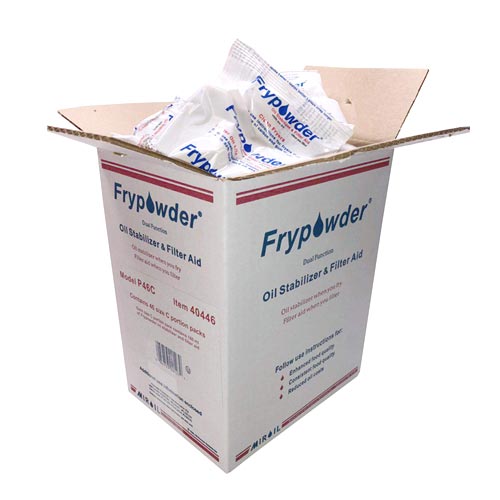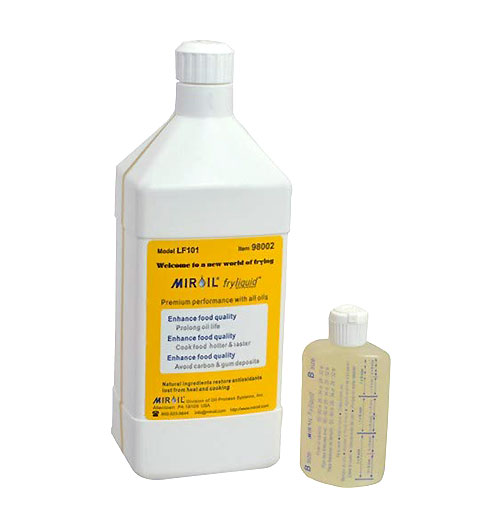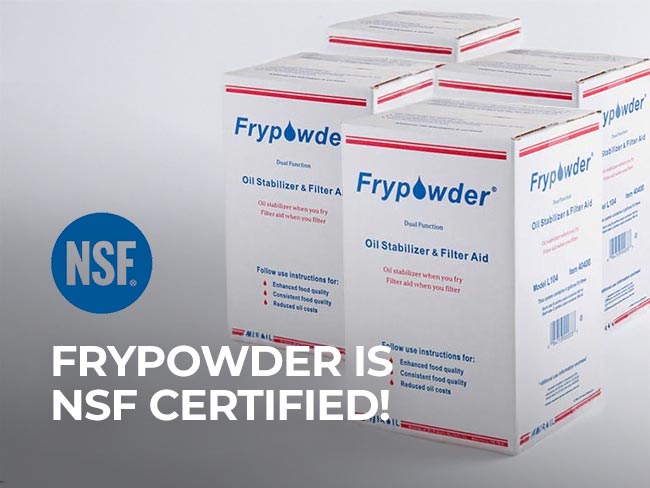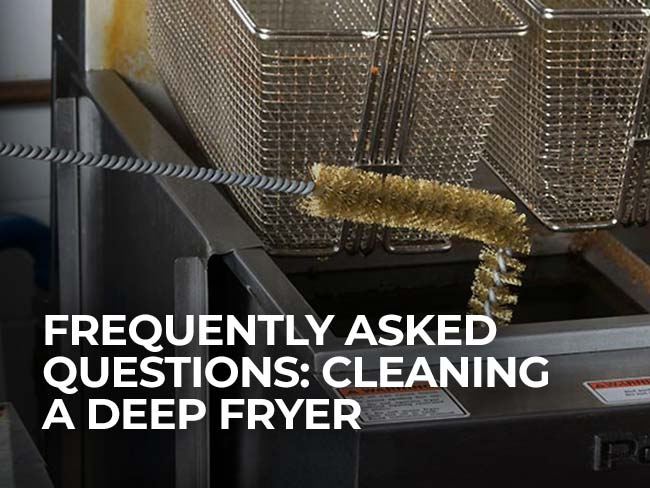
Over 50 years ago, an article written by Dr. C.J. Robertson was published in a food technology magazine and it changed the food service industry forever. In this article, the doctor listed 5 essential elements for maintaining the quality of deep fryer oil, and in turn ensuring delicious frying results. These elements are:
- Proper design, construction and maintenance of deep-frying equipment
- Correct operation and regular cleaning of equipment
- Minimizing exposure to UV light
- Keeping salt and metal sources away from oil
- Regular filtration
Every restaurant operator who serves fried foods should always keep these in mind and include them in standard kitchen management processes. These good practices will save your business money, by extending the life of your frying oil, and it will benefit your customers too, by ensuring consistent quality and taste in the food you serve. Regular fryer oil filtration is the key practice that underpins your oil management system.
Why is deep fryer oil filtration so important?
We’ve already mentioned the 2 main reasons why oil filtration is so important: cost and quality. From a cost perspective, filtering your fryer oil regularly instead of replacing it every time is a no-brainer. Cooking oil makes up one of the biggest costs in quick-service restaurants. Thanks to products like MirOil FryPowder oil stabilizers, extending the lifespan of your cooking oil is as easy as tearing open a sachet and adding the powder to your oil, to prevent breakdown caused by heat and additives. Regular use of MirOil FryPowder has been proven to help restaurants save on oil costs by between 35% and 50%!
We live in the age of online reviews, so consistent quality is now more important than ever. You’ve got to make sure that you’re fully satisfying every customer every time they come to you, so you can keep those positive reviews up and make a name for your business.
Passive Oil Filtration Systems
Now that you know why regular oil filtration is important; here are the methods for doing it. Passive filtration refers to cleaning cooking oil by sieving out debris. This is done using a frying oil filter bag, which are capable of catching micron-sized particles of food and seasoning. Paper filters are also available, but we recommend reusable filter bags as they save even more money in the long run.
Filtration can be done by hand, but if you want to make your life a lot easier, a frying oil filter machine takes out all the hard work.
Another way to simplify your passive oil filtration process is with fryer oil storage container pots, which make it easy to empty out your fryers and store any spent oil.
Active Oil Filtration Systems
Active filtration systems are a bit more complex, because they require various oil treatments, powders and testing strips. These all use chemical processes to remove broken-down food, oxidants, and salt, as well as control free fatty acids. A fryer oil antioxidant can even help make your food healthier by removing harmful trans fats and replacing healthy antioxidants.
These products are completely safe for use in food, and have been proven to improve the lifespan of cooking oil.
Combine Passive and Active Oil Filtration
For the best oil filtration results, which save time and ensure food quality, it’s recommended to use a combination of both passive and active filtration techniques. That way you can make sure that your filtered oil is always clean and ready to cook a tasty meal.
Visit our online store for all your cooking oil filtration needs, from filter bags to fry oil powders. We offer bulk saving and free shipping to all our customers in the USA.

